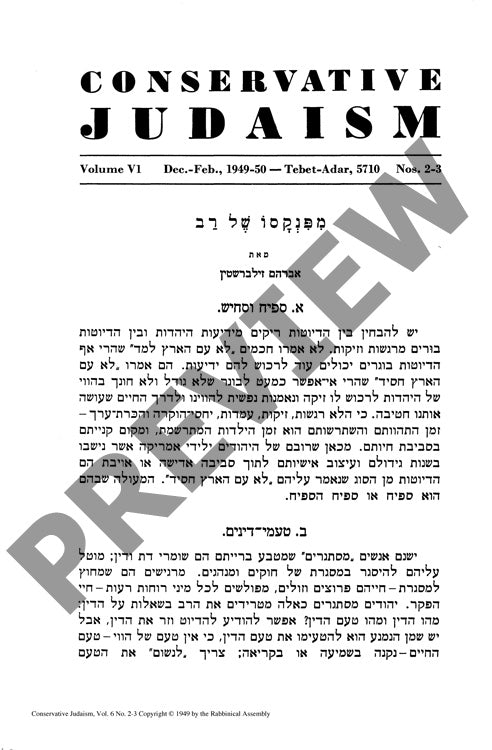Mi Pinkaso Shel Rav
Couldn't load pickup availability
American Conservative rabbis in the 1950s found themselves caught between upholding traditional Jewish law and adapting to the unprecedented religious needs of assimilated congregants. Through analysis of rabbinic responsa, congregational records, and pastoral encounters from 1949-1950, five critical tensions emerged in synagogue leadership: distinguishing between uninformed versus disengaged laypeople, translating complex religious reasoning for secular audiences, bridging theoretical and practical observance, navigating democratic pressures on religious decisions, and maintaining diplomatic authority in pastoral care. Ethnographic observation of synagogue governance and documentation of religious disputes reveal how American-born Jews, lacking formative religious experiences, increasingly approached Judaism as "spiritual outsiders" seeking convenience rather than commitment. The research draws from personal rabbinic records and case studies to demonstrate that effective Conservative Jewish leadership required a delicate balance of halakhic integrity with practical wisdom, particularly when mediating between observant minorities and secular majorities within congregations. These patterns illuminate broader challenges of preserving traditional Jewish practice within American democratic and individualistic cultural frameworks.

More Information
-
Physical Description
-
Publication Information
Published 1949-1950
ISBN
-
Publication Credits
Avraham Zilberstein

